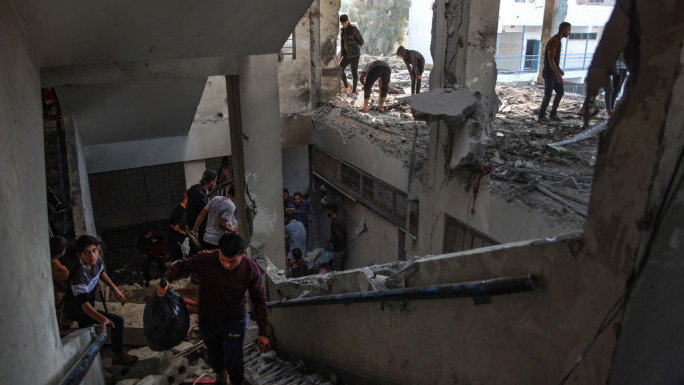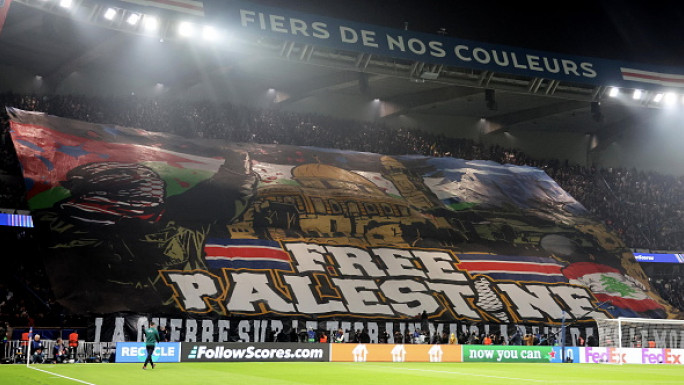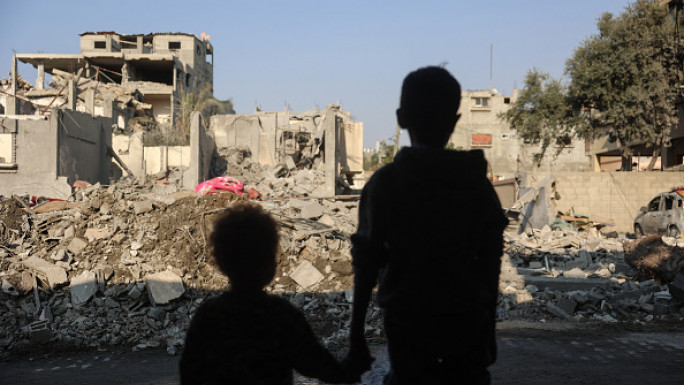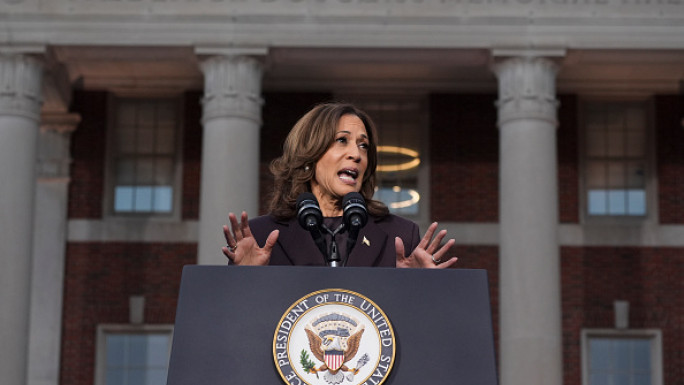
Anti-hijab protests: 'Iranian women feel they have no control over their bodies'
Videos and photos posted on social media on Monday showed more than five individual women in separate locations in Tehran and Isfahan staging rare protests against the mandatory Islamic dress code.
Masoud Sarabi, who witnessed one of the protests, confirmed the authenticity of a video shot on Tehran's Enghelab Street.
The others appeared to be authentic, but could not be independently verified.
The protests appear to imitate the actions of a 31-year-old protester identified as Vida Movahed, who took off her hijab on the same street in Tehran in December.
Movahed was freed from jail on Monday after nearly a month in detention, her lawyer Nasrin Sotoudeh said.
Sotoudeh said last week that Movahed's protest appeared to show someone "at the end of their tether because of all the controls placed on her body over the 31 years of her life".
Twitter Post
|
"Women feel they have no control over their bodies. It is a prelude to infringing on all of their rights," she said.
Images posted on social media thought to have been taken on 27 December showed Movahed waving a white scarf on a stick - an apparent reference to so-called "White Wednesday" protests against mandatory clothing rules for women.
Thousands of social media users had shared messages dubbing her the "Girl of Enghelab Street" after the area in the capital where she staged the protest, and using the hashtag "Where_is_she?".
The Islamic dress code, in place since the 1979 revolution, considers Islamic veiling or hijab, obligatory for any female above 13 in Iran and says they should cover themselves from head to toe while disavowing any figure-hugging dress.
Women showing their hair in public can be jailed for up to two months or fined $25, but in late December Iranian police said they would no longer arrest women for failing to observe the code.
The announcement signalled an easing, as called for by the young and reform-minded Iranians who helped re-elect moderate President Hassan Rouhani earlier this year.
Both Rouhani and Supreme Leader Ayatollah Ali Khamenei support softer attitude toward women with improper hijab, though hard-liners opposed to easing such rules still dominate Iran's security forces and judiciary.


![President Pezeshkian has denounced Israel's attacks on Lebanon [Getty]](/sites/default/files/styles/image_684x385/public/2173482924.jpeg?h=a5f2f23a&itok=q3evVtko)



 Follow the Middle East's top stories in English at The New Arab on Google News
Follow the Middle East's top stories in English at The New Arab on Google News


